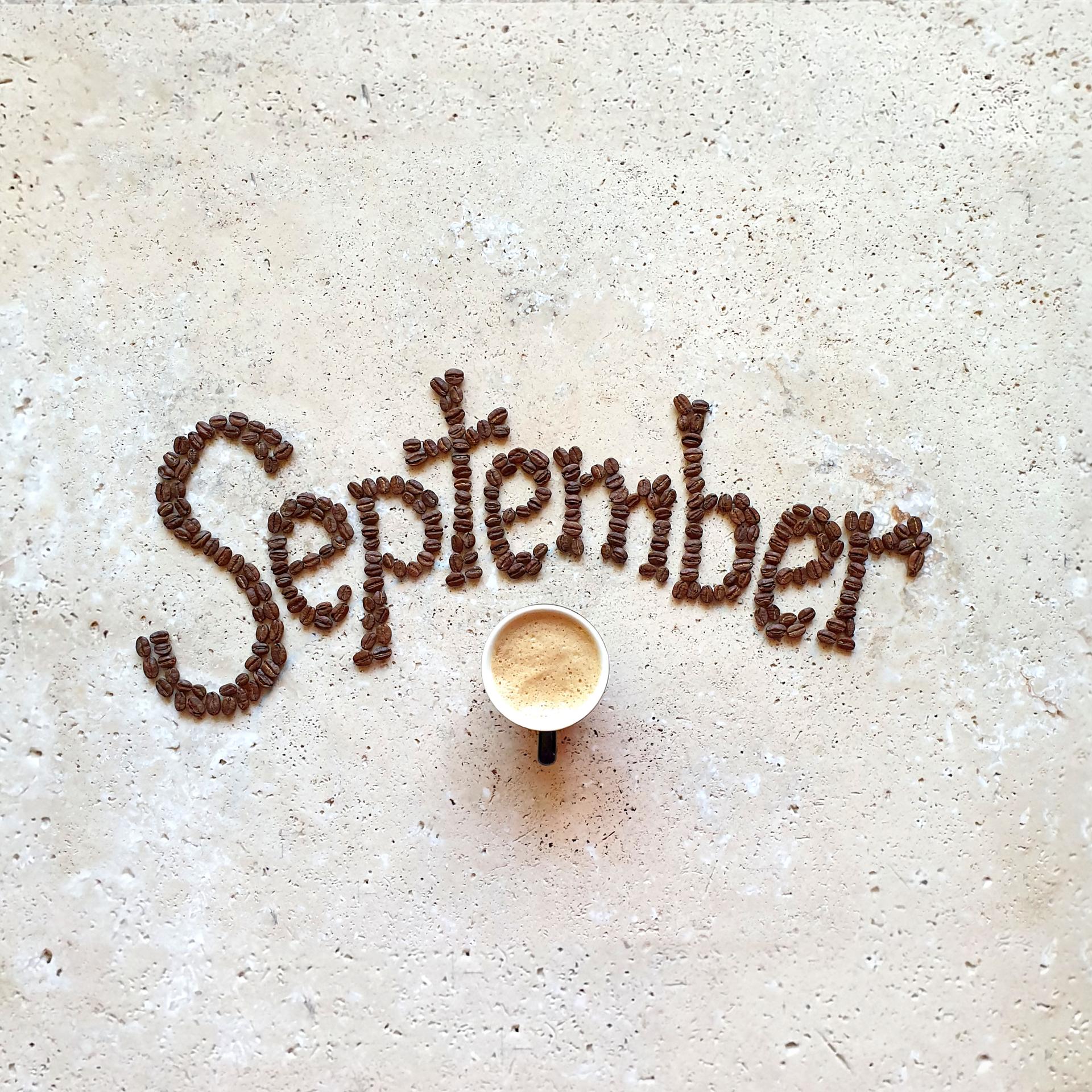September and Your Mental Health: What We Learned Around the World

September often feels like a fresh chapter. The carefree days of summer slip away, work and school routines pick up speed, and many of us notice changes in our own mood and energy. It’s a natural moment to pause, reflect, and assess our mental well-being. This September, several global events and new research highlighted essential lessons we can all carry forward, whether you’re just beginning your mental health journey or deepening it.
On 10 September, the world observed World Suicide Prevention Day. This day holds a quiet but powerful message: we save lives when we talk about the things that hurt most. Suicide is still surrounded by stigma, and many people struggle in silence, feeling as if their pain is invisible. Yet simply checking in with a friend, listening without judgment, or daring to say “I’m not okay” can be an act of courage that shifts everything. Mental health isn’t always about grand gestures; sometimes, it’s about ordinary people showing up for each other in extraordinary ways.
Later in the month, the UK observed Youth Mental Health Day on 19 September. Young people today face pressures that many adults may have forgotten, exam stress, uncertainty about the future, and constant comparison through social media. For students, this can feel like carrying a backpack full of invisible weights. The focus this year was on providing young people with safe spaces to speak up and reminding them that needing support isn’t a weakness, but rather a sign of wisdom. Tools like journaling, short breathing exercises before class, or even sharing a worry with a friend can provide small but meaningful relief. These are skills that can last a lifetime.
September also brought an essential conversation about the role of technology in mental health. The NHS Confederation has published a report highlighting that digital tools are becoming increasingly vital in expanding access to care. Apps for journaling, meditation, and guided therapy aren’t just convenient; they’re helping people feel supported sooner. This echoes research published in JAMA Psychiatry, which found that digital therapy programmes can be as effective as traditional face-to-face therapy for people with mild to moderate depression. For many, that means help is no longer out of reach. Digital care doesn’t replace human connection, but it can open a crucial door when geography, cost, or stigma create barriers to care.
At the same time, September mirrored the challenges many of us live with daily.** Burnout ** is one of the most common. After returning from holidays, countless professionals felt the weight of endless emails, long hours, and the pressure to keep performing. Therapy often reminds us of the power of boundaries, learning that saying no isn’t selfish, but rather a necessary survival tactic. Rest is not wasted time; it’s the fuel that allows us to show up fully in our lives.
Relationships, too, were in the spotlight this month. Mental health is deeply relational. Articles and conversations around attachment styles and reciprocity reminded us that well-being isn’t just about what happens inside our own minds; it’s about how we connect with others. Do we feel secure, understood, and valued? Or do we find ourselves stuck in cycles of fear, people-pleasing, or conflict? Therapy provides a safe space to untangle these patterns and move towards bonds that feel nourishing rather than draining.
And then there are the quieter, everyday practices that support us more than we realise, such as a five-minute mindfulness exercise when anxiety rises. Writing down three small things we’re grateful for. Pausing to notice a moment of joy, a kind message, a patch of sunlight, a deep breath. These practices might sound small, but they act like anchors, steadying us when the waves of life get rough.
Looking back, September taught us that mental health is not just about treating crises, it’s about prevention, connection, and everyday care. From global awareness days that remind us of the importance of talking, to new research proving that digital support can be practical, to the timeless wisdom of self-care and relationships, the message is clear: we all have a role to play in our own wellbeing and in supporting those around us.
If you’re new to mental health, let this be your starting point. You don’t need to do everything at once. Try one small thing, journal a few thoughts, take three mindful breaths, or reach out to someone you trust. Healing doesn’t have to begin with a big leap. Often, it starts with a single, gentle step.